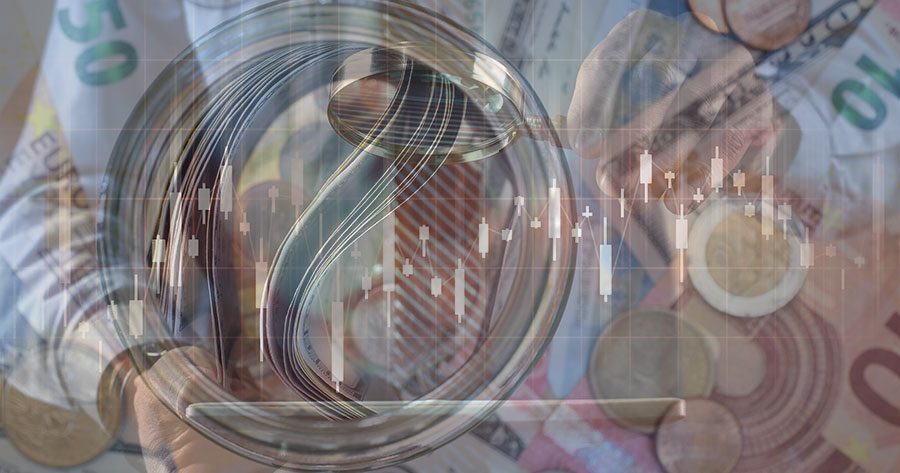Asian banking regulators assured the public on Monday that their countries’ financial systems were unaffected by UBS’s $3.2 billion acquisition of Credit Suisse.
Switzerland’s banking giant UBS agreed to acquire Credit Suisse for 3 billion Swiss francs ($3.2 billion) on Sunday, with Swiss regulators taking an important part in the transaction as governments sought to contain a financial crisis.
The Swiss National Bank said in a statement that the combination of the country’s two largest banks, UBS and Credit Suisse, was a solution to secure financial stability and protect the Swiss economy in this exceptional situation.
The Hong Kong Monetary Authority, for example, said the city’s banking system is robust thanks to healthy levels of capital and liquidity. Around HK$100 billion was held by Credit Suisse’s Hong Kong office; this was less than 0.5% of the total assets held by Hong Kong banks. Therefore, the city’s authorities reaffirmed that the local banking sector’s exposure to Credit Suisse is insignificant.
As for Japan, Cyrus Daruwala, managing director of IDC Financial Services, believes the country’s banking system is unlikely to be affected by the deal.
Daruwala, speaking on CNBC’s “Squawk Box Asia” on Monday, predicted that significant wealth managers and asset managers like Credit Suisse and UBS will have an exposure of about 4% of their portfolio. It’s not “a significant amount,” he stressed.
The Monetary Authority of Singapore has also confirmed that Credit Suisse would be able to go on business as usual in Singapore, without any “interruptions or restrictions.”
All accounts will remain fully accessible, and all “contracts with counterparties” will be fulfilled. In a statement, MAS claimed the takeover would not threaten Singapore’s financial system’s safety.
The MAS further noted that neither UBS nor Credit Suisse serve retail clients in Singapore.





